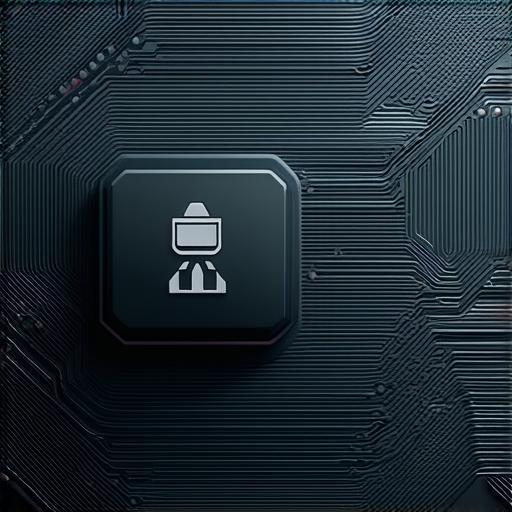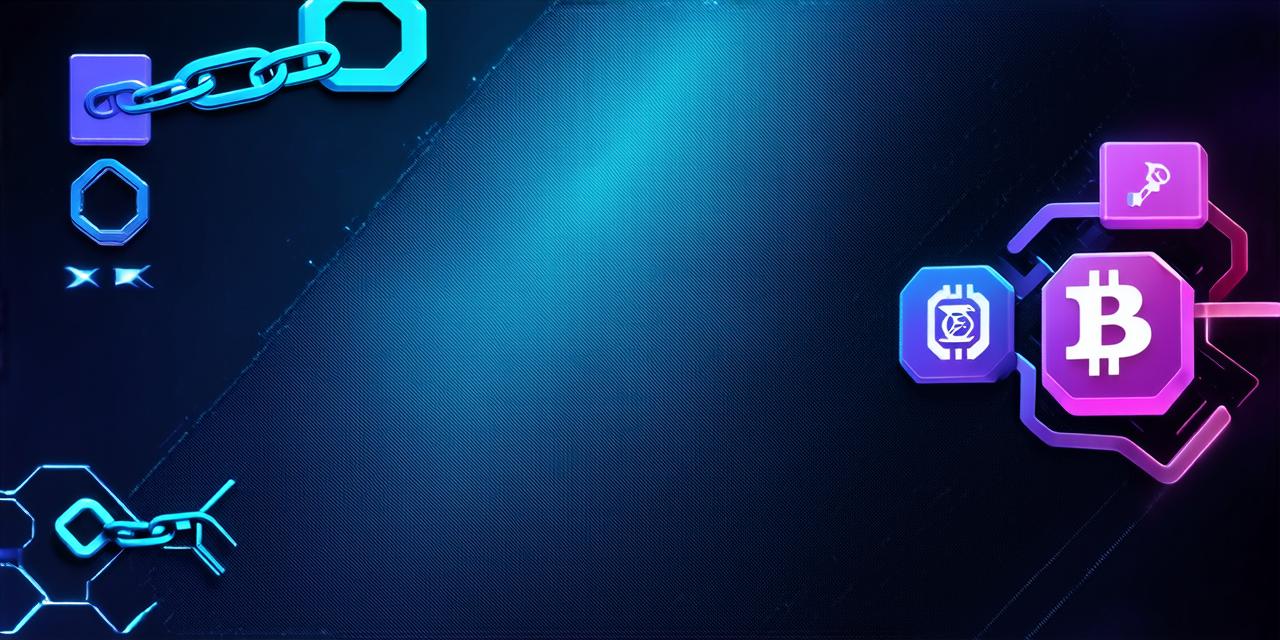As the world becomes increasingly digitized, blockchain technology is becoming an essential tool for businesses and individuals alike. But what exactly are blocks, and how do they fit into this revolutionary tech? In this article, we’ll explore everything you need to know about blocks in the context of blockchain technology.
What Are Blocks?
At their most basic level, blocks are simply sets of data that are grouped together and secured using cryptography. Each block contains a unique code called a hash that connects it to the previous block in the chain. This creates an unalterable chain of data that is virtually impossible to break or manipulate.
In the context of blockchain, blocks serve as the basic unit of data storage and transfer. They are typically made up of several components, including:
- Transaction data: This includes information about any transactions that have taken place since the last block was added to the chain. Each transaction is verified by the network and validated by a consensus mechanism before being added to the blockchain.
- Proof of work: This refers to the computational power required to verify each block in the chain. The more computing power required, the more secure the blockchain becomes.
- Timestamp: Each block contains a unique timestamp that indicates when it was added to the blockchain.
- Nonce: A nonce is a randomly generated number that is used to prevent double-spending of transactions. It ensures that each transaction is processed only once, as any attempt to duplicate a transaction will result in a different hash and invalidate the entire chain.
Blocks are typically organized into blocksizes. The size of a block determines how much data can be stored in it and how often new blocks need to be added to the chain to maintain optimal performance.
The Importance of Blocks in Blockchain Technology
The importance of blocks in blockchain technology cannot be overstated. They are the foundation upon which the entire blockchain is built, and they play a crucial role in ensuring the security, integrity, and transparency of the network.
One of the key benefits of using blocks in blockchain technology is that they allow for decentralized data storage and transfer. Each block contains a unique code that connects it to the previous block in the chain, creating an unalterable chain of data that is not controlled by any single entity. This means that data can be transferred and stored securely without the need for intermediaries such as banks or other financial institutions.
Another important aspect of blocks is their ability to enable consensus mechanisms. Consensus mechanisms are algorithms that allow the network to agree on the state of the blockchain. By requiring a certain amount of computational power to verify each block, blocks can help ensure that only valid transactions are added to the chain and that the network remains secure.
Case Studies: Blocks in Action
To better understand the role of blocks in blockchain technology, let’s look at some real-world examples.
One of the most well-known blockchain platforms is Bitcoin. Bitcoin uses a proof-of-work consensus mechanism, which requires miners to solve complex mathematical problems in order to verify each block and add it to the chain. The more computational power required to verify each block, the more secure the network becomes.
Another example of the importance of blocks can be seen in the supply chain industry. Blockchain technology is being used to improve transparency and traceability in the supply chain by enabling the use of smart contracts that automatically execute transactions based on predefined conditions. By using blocks to store data about each step of the supply chain, businesses can ensure that data is accurate, up-to-date, and tamper-proof.

FAQs
What are the key components of a block in blockchain technology?
The key components of a block in blockchain technology include transaction data, proof of work, timestamp, and nonce.
How do blocks enable decentralized data storage and transfer?
By creating an unalterable chain of data that is not controlled by any single entity, blocks allow for decentralized data storage and transfer.
What role do blocks play in the consensus mechanisms used in blockchain technology?
Blocks play a crucial role in the consensus mechanisms used in blockchain technology by requiring a certain amount of computational power to verify each block and ensuring that only valid transactions are added to the chain.
